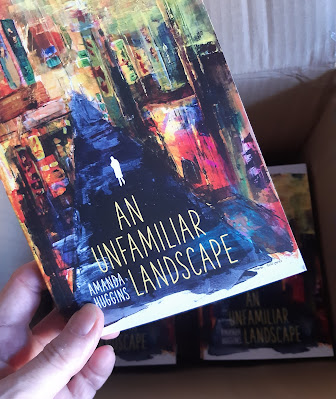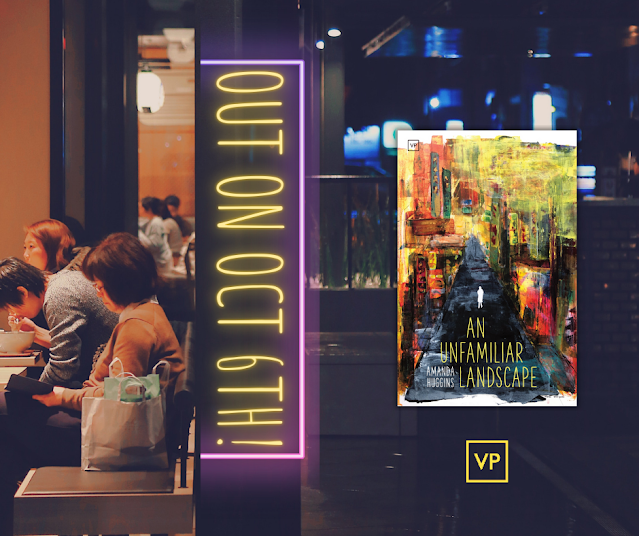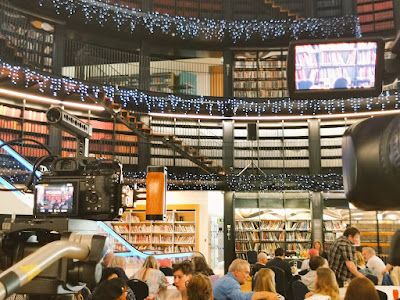My new poetry collection will be out in March, and the first reviews are already in...
Thanks to Leo Boix and Bethany Rivers for their generous and in-depth appraisals.
Leo Boix, author of Ballad of a Happy Immigrant
"Amanda Huggins’ new collection, talk to me about when we were perfect, explores issues of female love and desire, intimacy, memory and loss with sheer clarity and devastating honesty. The narrative quality of many of these exciting poems, coupled with the highly lyrical voice of the poet, takes the reader on a surprising journey of self-discovery and wonder. In her collection, Huggins looks in detail at the miracle of everyday life, the complexities of human relationships and what it means to be in love. ‘If I ever question my love for you,/aware that the years have wearied its shine,/knowing we can’t outrun/the ravages of familiarity,/then I picture life without you.’ writes the poet in ‘no doubt’.
The book scrutinises the often-overlooked interactions between us and the puzzling world surrounding us. Many of Huggins' poems have a sense of life passing and the light quality. Such is the case in ‘komorebi’. ‘My heart will keep hold of that Japanese word/for dappled sunshine spilling through trees,/the interplay between light and leaves,/and it will never forget the dizziness of love/like an unending intake of breath.’
This is a dazzling book of poems full of light and compassion that stay with the reader long after the last page is read."
(You can buy Leo's collection here via the Penguin website)
Bethany Rivers, author of Fountain of Creativity and the sea refuses no river
"Your senses will be delighted by this debut poetry collection by Amanda Huggins. She has a particular gift for highlighting the special moments in everyday life. Even in poems of longing and sadness, there is a tenderness there that will make you smile. Huggins skilfully handles moments of love, humour, grief, with a wonderfully light touch. There is a delicate interweaving of both the sorrows and the beauty of life, which feels like a celebration of what is.
These poems have a keen eye and ear turned towards those extraordinary moments within the domestic world. In ‘at the kitchen table’, we see a couple leaving an idyllic holiday cottage of ‘a dog-eared novel/ the weekend papers’ and ‘ice-melt from the trees / pattering on the bonnet’ back to the world that is ‘a little less bright / and a little less kind’ but still what the narrator remembers, and the reader is left with is the poignancy of ‘a newborn lamb’ with ‘his pink ears backlit by the sun’.
‘okaeri’ (a Japanese word for welcome) is simultaneously full of longing and welcome for our loved one, as we learn to ‘wait out winter / warm our love on a low flame / fashion its cloak from fallen feathers / anchor it with stones’.
In the middle of the collection, Huggins pays homage to that old favourite poem by Ezra Pound. Her language musically and succinctly plays and expands upon the illusory nature of life ‘everything gone and everything gathered’, as well as offering the reader the deep resonance of universal truth of ‘Each of us a single grain of rice, / each of us a petal on a rain-splashed bough.’
Throughout the collection, Amanda Huggins captures beautifully the central detail of people’s lives and how far reaching those ripples expand."
(Check out Bethany's collection here)

.png)




.png)

.jpeg)
.png)



























